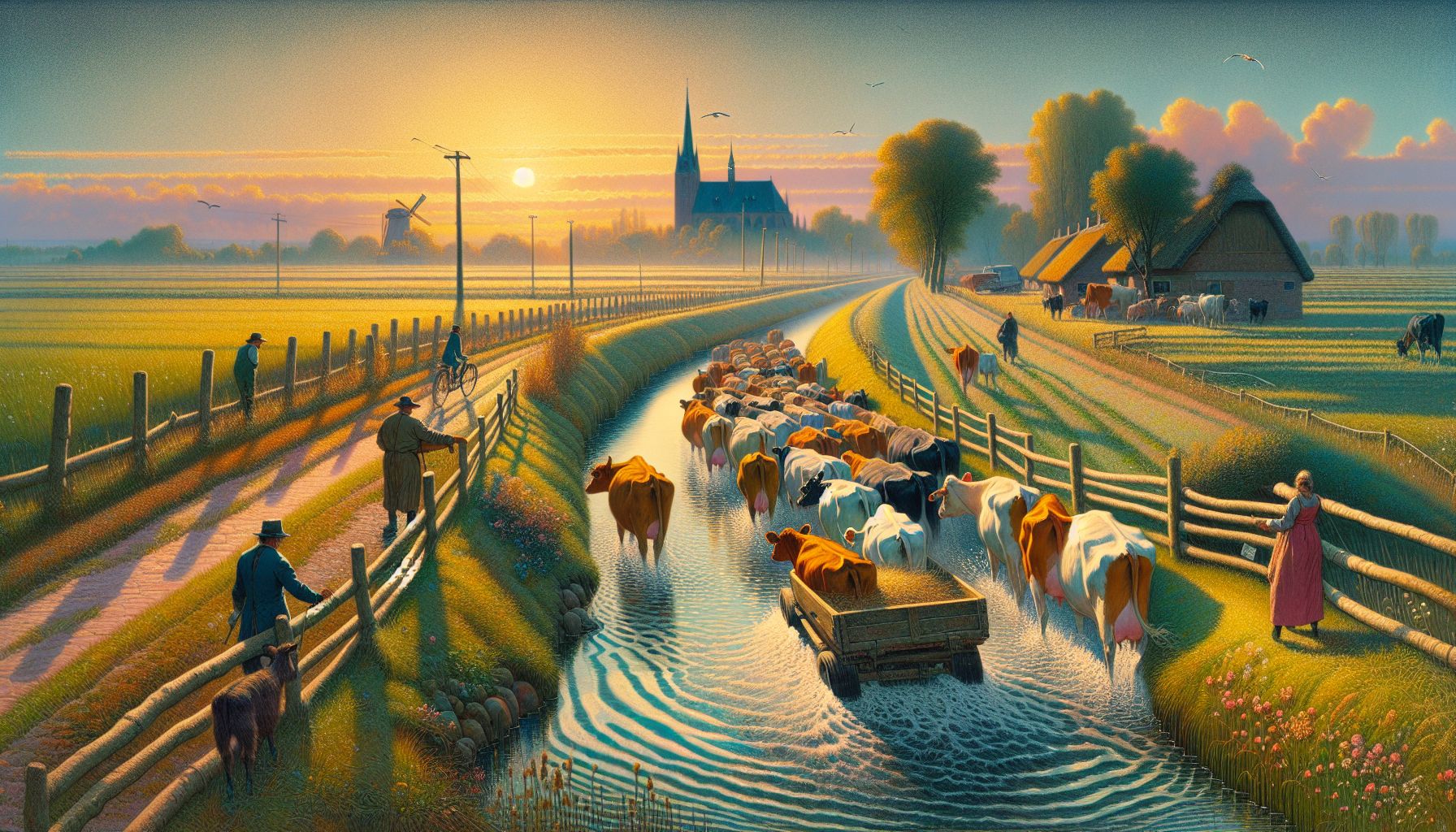Dutch Agriculture Implements New Measures Against Cattle Disease

Netherlands, Monday, 13 January 2025.
Following a foot-and-mouth outbreak in Germany, the Dutch Ministry of Agriculture enforces a transport ban and visitor restrictions for calves to safeguard livestock and biosecurity.
Immediate Response to German Outbreak
The Dutch Ministry of Agriculture has implemented strict preventive measures after water buffaloes in Brandenburg, Germany, tested positive for foot-and-mouth disease on January 10, 2025 [1]. The measures include a nationwide transport ban on veal calves and visitor restrictions to cattle facilities [1]. This swift response comes after the discovery that calves from Brandenburg had been imported into the Netherlands through various German collection centers in recent weeks [1].
Current Status and Risk Assessment
While the Dutch authorities emphasize that there are currently no suspected or confirmed cases of foot-and-mouth disease in the Netherlands [1], the preventive measures demonstrate the serious approach to biosecurity in the livestock sector. The Dutch Food and Consumer Product Safety Authority (NVWA) has been actively monitoring the situation, as part of their broader mandate to ensure agricultural safety [4].
Biosecurity Implementation
The measures align with existing veterinary insights that while hygiene protocols are generally well-understood by farmers, business structure improvements are crucial for enhanced biosecurity [5]. These preventive steps are particularly significant as they come at a time when various livestock sectors are facing increased disease pressures [5].
Monitoring and Future Steps
The RIVM (National Institute for Public Health and Environment), which plays a crucial role in monitoring health threats, will be involved in surveillance of the situation [4]. Their expertise in public health and environmental security, developed since their establishment in 1909, positions them well to assist in managing this agricultural health challenge [4].

